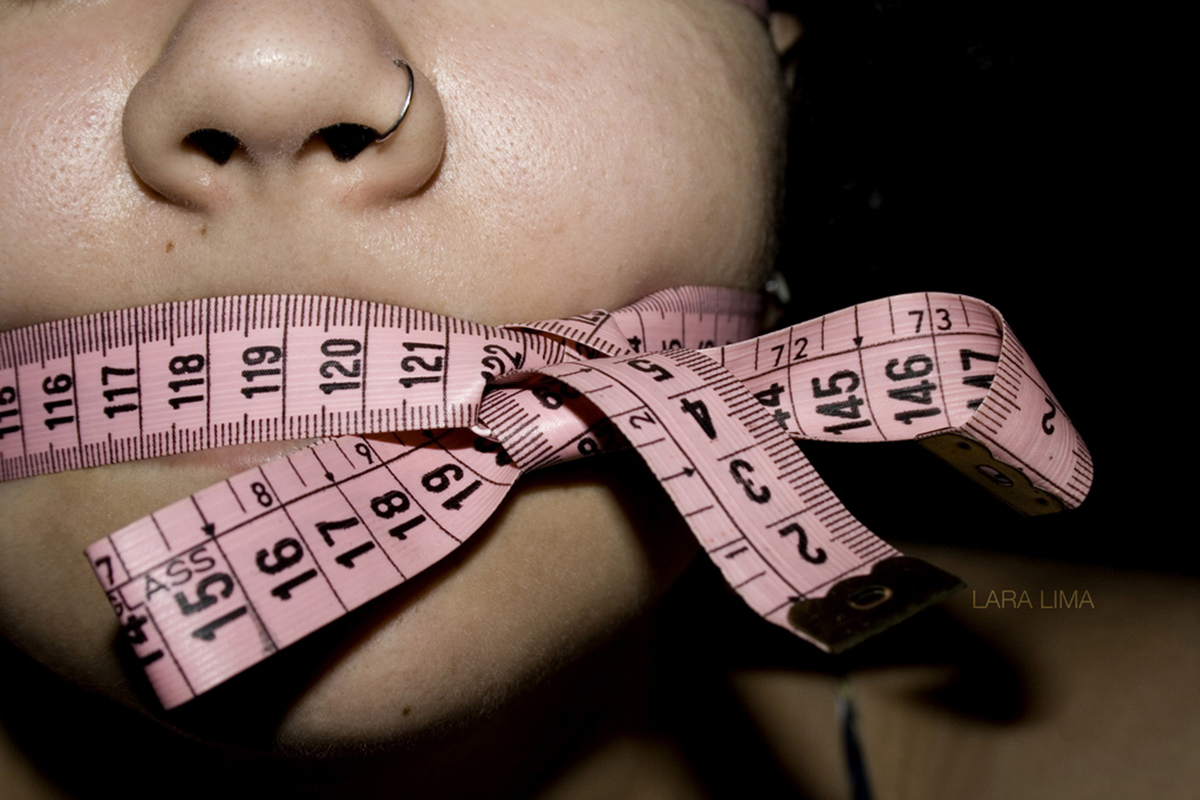Table of Contents
Yes, we just advocated the idea of only focusing on one or two New Year's resolutions rather than making a whole list and expecting to attain success in all the areas you deem worthy candidates for improvement. Success is more easily achieved if we have a plan, a focus, and our two feet firmly on the ground of realism. That doesn't mean that you can't or shouldn't think big, however. Creating your very own "life manifesto" could get you into the mindset of incorporating constant change and improvement into your life, and can help you find motivation when you are feeling overwhelmed or run down.
What Kind Of Goal Setting Works?
First off, research shows that you are much more likely to reap the benefits of concrete and measurable goals ("lose 10 lbs", "finish that algebra course") than of vague goals ("be happy", "do your best"). While brainstorming your goals on a large bit of scrap paper is awesome, you will boost your odds of success by narrowing your goals down to very specific points, mini-goals which you can celebrate achieving along the way. That touches on another fact, which is that goals you can reach in the short-term are more likely to be motivating to you than goals you can only accomplish after a very long period of time.

Another big help is accountability. If you tell everyone what you are planning to do and actively ask them to help you reach your goals, you are more likely to make it happen. Be accountable to yourself too, by committing to keeping a journal in which you list both your successes and your challenges.
Remember, one slip-up doesn't mean you are a total failure — it just means you are human. Before you start on your new path, accept that slip-ups may be part of the game and commit to not letting them push you off course completely, while simultaneously trying your best not to let them happen in the first place.
Finally, the goals you set shouldn't be too hard to achieve, but they should not be too easy either. You don't get a sense of accomplishment if the goal you set for yourself was sub-standard. Walking to work every day for a month will give you more fulfillment than doing it once, to name an example.
How Does Goal-Setting Benefit You?
Research is pretty clear: goal-setting can do a great deal to boost your motivation, and being more motivated means you are much more likely to be successful — both at reaching the goals you have set for yourself, and in general. Once people have strongly committed to achieving something, once they have, if you like, made a promise to themselves, they don't want to set themselves up for disappointment.
READ The New Psychology Of Keeping New Year's Resolutions
If you set goals for yourself that you are deeply committed to achieving, you will — scientific studies confirm — be more creative, more persistent, and more willing to take risks that make your dreams come true. You are also more likely to make your goals a priority in life, sacrificing other activities as needed. As you achieve the mini-goals you set for yourself, you will feel a sense of pride and accomplishment that encourages you to press on to your final goal with even more resolve.
- Photo courtesy of swimparallel: www.flickr.com/photos/swimparallel/3160528007/
- Photo courtesy of swimparallel: www.flickr.com/photos/swimparallel/3160528007/
- Photo courtesy of lara-lima: www.flickr.com/photos/lara-lima/5331111591/


Your thoughts on this